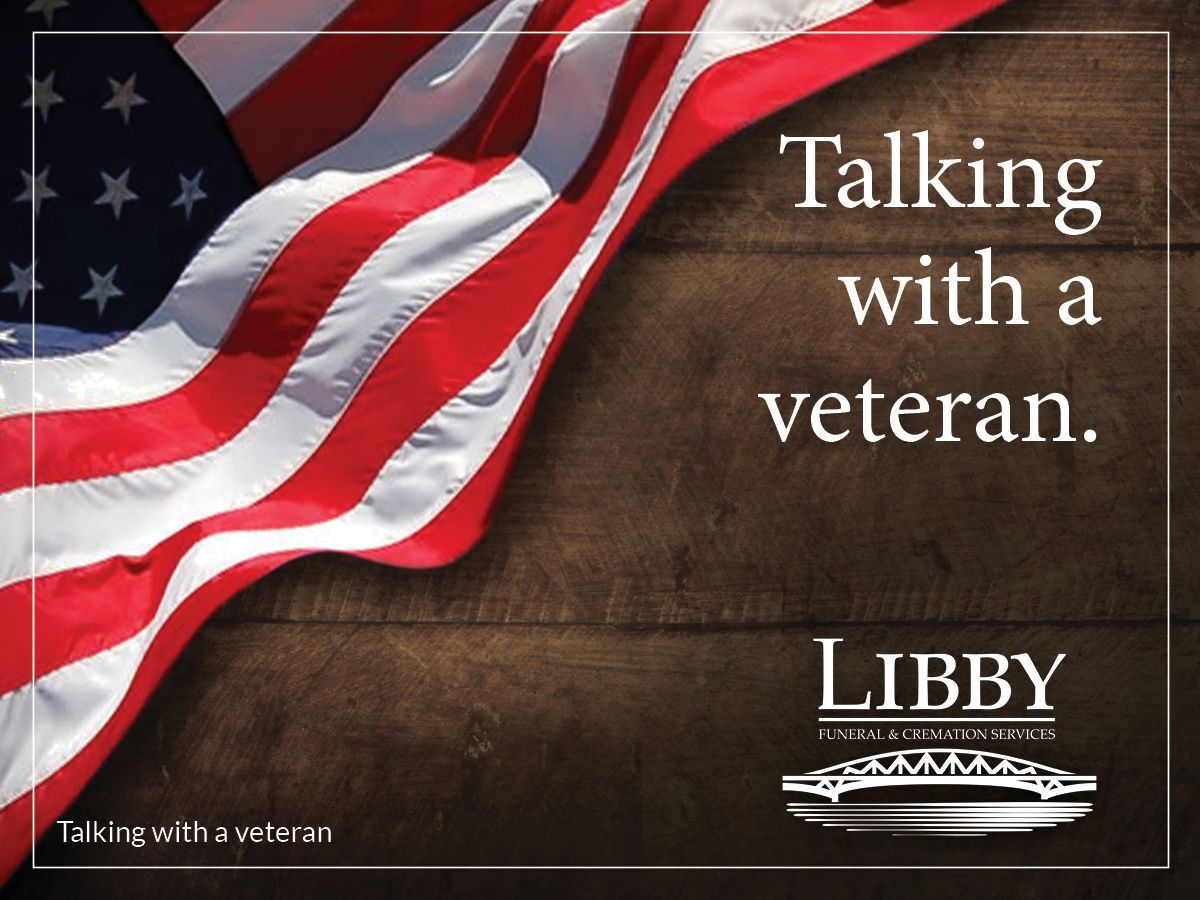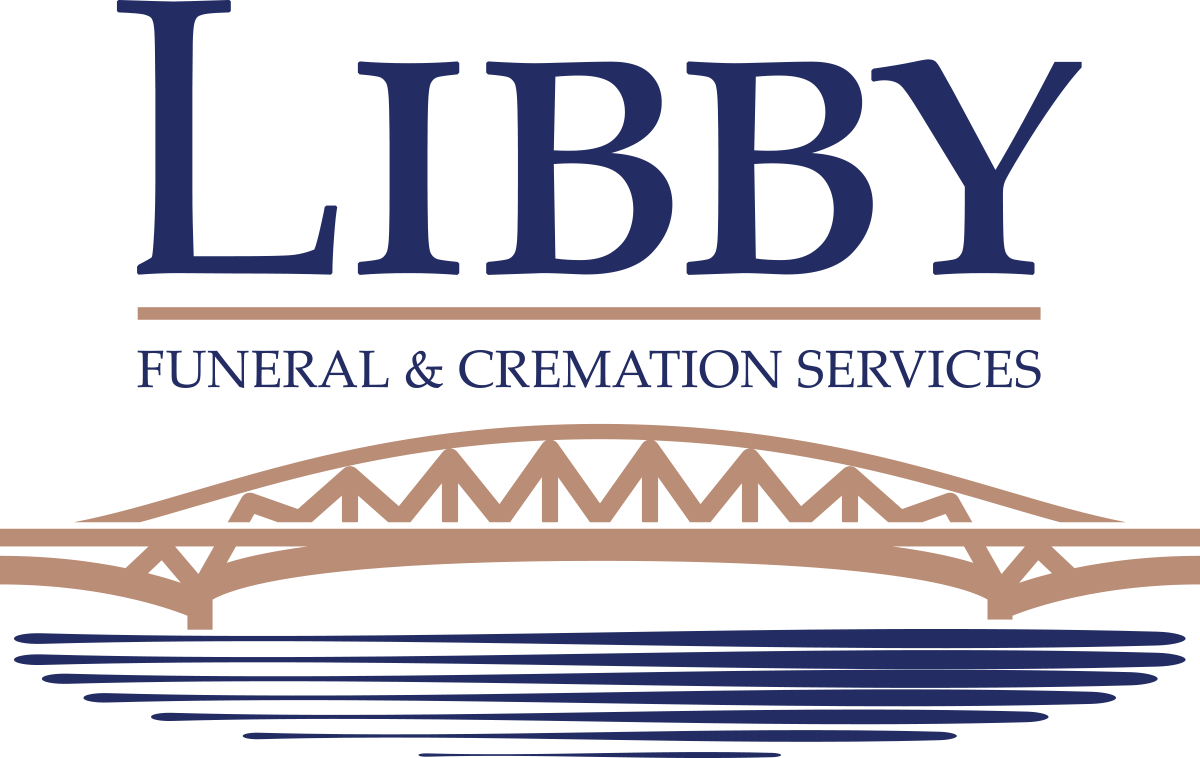For immediate need of our services, we are available 24/7. Contact us at (845) 831-0179
Choosing the Right Funeral Service: 10 Steps to Help You Get it Right
Who gets to decide what is included in a funeral service? Each state has laws that govern who has control over the body of a person who has died. In most states if the individual was married, the spouse will be responsible for taking care of the disposition (what happens to the body) and funeral service. When there is no spouse the adult children will decide. If there is no spouse and the children are minors, then the parents of the deceased will be responsible. If the parents are also deceased, then brothers and sisters will become the responsible decision makers.
As you can see, there are a variety of scenarios where “who decides” can get messy. Also know that the person who is going to pay for the funeral is entering into a contractual agreement with those who will provide service - the funeral home, crematory or cemetery. As a result, that person will have the “power of the checkbook”. With that power comes a considerable measure of control over decision making.
There are different ways to approach putting together a funeral service. The “right” service is the one that honors the life of the deceased and provides ease for the survivors. When faith is important to the family or was important to the deceased that faith is usually reflected in the service. The right service fits the budget and does not create a financial burden. There are many options to consider in putting together a funeral. All of these choices ensure that every family is able to have a service that is right for them.
When you find yourself in the role of decision maker regarding a family member’s funeral, the ten steps below can help you assure the funeral will provide comfort to you and all of your family remembers.
Step #1 Take a deep breath and give yourself permission to fall short of “perfect”.
Remember these famous words …
“You can please some of the people all of the time, you can please all of the people some of the time, but you can't …” … please all the people all of the time” (Poet John Lydgate as made famous by Abraham Lincoln).
Know that even when you do your best there may be some people who would have done differently.
Step #2 Make a list of the people who are the “some” that you really do want to please
The spouse or partner, the children, the parents, sisters and brothers, and close life-long friends are all people who are likely to be deeply affected by the funeral service. These are the people the service needs to please. In order to plan the “right” funeral you will need to know what is important to these people. This does not mean everyone needs to or will agree. Nor does it require everyone weigh in on every decision.
Step #3 Ask each of these people, “What is the one thing that you would most like to see included in the funeral service”
Write these answers down. Ask clarifying questions if needed in order to be sure you really understand what is most important to each of the people you are aiming to “please”. Don’t make any promises beyond that you intend to do your best. Do this before you have your appointment with the funeral director. Don’t forget to include what is most important to you on your list.
Step #4 Consider your budget and make a list of the questions you would like to ask the funeral director
There is no need to have all the answers or know exactly what you want included in the funeral service before the funeral arrangement conference. In fact, having your mind completely made up regarding service options might mean missed opportunity. No one knows better than the funeral director what can be done. After all, they do funerals every day. Fortunately for most of us, we are only responsible once or twice in a lifetime.
It is a good idea to review any insurance policies or other funding that will be used to pay for the services you select. The “right” funeral should not create a financial hardship for family. Have an idea of what you can spend before you meet with the funeral director.
Step #5 Choose the person or persons who will go with you to the arrangement conference.
Because you have asked the important people for input, it will probably not be necessary to bring the entire group to the conference. You have already included them and will be able to represent their needs.
The arrangement conference is an emotional experience. Choose someone who will be helpful to you, who will support you. Bring those who will be attending the arrangement conference with you up to speed regarding the work you have already done. Review the information you have gathered from family members and discuss the budget with this person before your appointment.
Step #6 Prepare for the arrangement conference
· Review your list from the family members. Get a general idea of what folks want and need.
· If your family member served in the Military look for discharge papers DD214
· Be sure you know about church membership and any organization that may play a part in the funeral service. The Shriners, Knights of Columbus, Free Masons, Legions, are Elks and are just a few of the many organizations that typically honor deceased members.
· If you plan to use insurance proceeds to fund the funeral service, gather those policies and bring them along to the conference for review.
Step #7 Consider how you want to remember the person for whom you are making funeral service arrangements
· Think about the funeral services your family has experienced in the past. What have they been like? What do you want to repeat and what should be changed for this funeral?
· How will religious affiliation influence the service? When all the people you are trying to please are members of the same faith group, planning this part of the funeral service is straightforward. You know who will officiate and what the service will include and not include.
Not all families have a connection with a church. In fact, religious affiliation in the US has been on the decline the last two decades. For families with no religious connection including a spiritual component in the funeral service can become a little more of a challenge. When there is no formal religious affiliation there are several ways to handle this aspect of the funeral service.
1. First, a spiritual component can be eliminated entirely. A funeral service is often done without a religious component. The life and accomplishments of the deceased can be the core of the service. Focus will be on work, family relationships, connection to the community, hobbies, travels, sports, vocations or avocations of the person who died. This type of service is often referred to as a celebration of life. A celebration of life can stand alone or be included with a religious service.
2. When there is a desire for a spiritual component but there is no obvious spiritual leader, the solution can be as simple as asking a family member or good friend to lead the group in a prayer. This person could also read an appropriate poem or piece of scripture. For those families who prefer to include a clergy person in the ceremony there are other options.
Your funeral director will no doubt know of a cleric who is willing to perform a service for persons who are not members of his or her congregation. In order to be sure this person is a good fit for your family, it will be important to think about what you do and do not want included in this part of the service. Share this with your funeral director and ask for guidance in choosing a person who will meet your expectations. When you contact the clergyperson be sure to ask what will be included in the sermon and service. Be sure the tone and content of the service will be a good fit for your situation.
In many areas of the country there are funeral celebrants who can be very helpful with putting together all aspects of a funeral service. Ask your funeral director if there is such a person in your community.
Step #8 At the Arrangement Conference You’ll Decide
· The timing of the service
A funeral service can take place before or after disposition of the body (burial or cremation). A funeral service that takes place after the body is either buried or cremated is called a memorial service. A memorial service may be selected to comply with religion or because it is preferred by the family.
Some religions require that the body be buried or cremated within a brief time period following the death. For this reason, the funeral will take place days or even weeks after the burial has taken place.
Family preference is another reason for the funeral to take place after either cremation or burial. Today many families live at great distances from each other. It may take weeks for travel arrangements to be coordinated and carried out so that everyone can come together for a service. The positive side of being able to delay service and opt for a memorial service is that no one misses out on the benefits of sharing the loss with others in the family circle. Talking out the cause of the death, remembering the good times, being a part of the service are all important steps on the path of reconciling loss of a close family member. All of these are a part of the right funeral service.
The downside to delaying service and option for a memorial service can be the length of time between the death and the healing power of gathering and having a service. When the time between the death and service stretches into weeks or months it can present a hardship for some family members. Some people can become paralyzed in moving forward with their grief work.
· Location of the service
Funeral services and memorial services may take place entirely at the funeral home. Funeral homes are clean, company ready, and have ample parking for all types of services. Most have equipment on hand to support any kind of service. Formal, informal, religious, celebration of life, and memorial services can all be accommodated at most funeral homes. Some funeral homes have the ability to host a funeral luncheon or brunch.
Funeral directors will also help those who chose to have the religious part of their service at church. For those who want or need to have their funeral service at a club or private location, the funeral director is ready to help facilitate that as well.
· Tone and content of the funeral service
People have many aspects to their life. Sometimes they are serious, sometimes thoughtful and at times these same folks are playful. A funeral service may include these same kinds of changes in mood. There may be formal serious moments followed by less formal moments of sharing memories. Funerals almost always include both laughter and tears.
Step #9 Include Family members in the preparation and planning of the service
When you return from the arrangement conference with your funeral director you will have a list of decisions to make and things to do. Look at your list of core people. Who can help? Involving those who are up to helping is good for them and good for you. Many of the tasks that come with putting together a funeral not only serve the purpose of getting the funeral right, they also help those close to begin a healthy grieving process. Ask for help and delegate tasks. Some things that fall into this category include:
· Choosing clothing for the deceased
· Choosing pictures for display or a video
· Choosing the casket spray and or flowers from the family
· Contacting out of town family & friends
· Writing the obituary
· Writing and or delivering the Eulogy
· Selecting music
· Selecting readings
· Putting together objects for a memory table or display
· Choosing a venue and menu for the funeral luncheon
When you delegate any of these tasks be sure that you share the parameters. What exactly do you need and what are the limits? For example, perhaps the minister has asked that you select three songs for the service. Or, the funeral home will run a loop of thirty-five pictures on a television. Be sure the person you are placing in charge has all the information that they need to do the job correctly. Then step back and let them take over.
Remember you are working with people who also loved the person who died. Allow them to express their loss in their way. Understand they will choose differently than you would. Give them the gift of being allowed to participate in putting together a final tribute for the one you all loved.
Step #10 Review your plan
Before the day of the service take a moment to review what has been planned. Take a look at the first list you made. The one where each of your key people told you what was most important to them. Have you done your best to make sure they are each getting what they need? Is there anything that will take place in the service that is likely to catch a family member or close friend unaware? Is there any conversation you should have with anyone to explain or clarify anything that is planned?
Most important be sure the service you have arranged is “right” for you and your family. If the minister always does something that does not seem to fit right for your family speak up. If where you live people “always” have a receiving line or anything that you and your family don’t really like, speak up and change it. Funerals should be helpful and healing. They tend to stick with the closest family members. Make sure what you have planned is what you and your family want and need.







A Year of Grief Support
Sign up for one year of weekly grief messages designed to provide strength and comfort during this challenging time.
Please wait
Verifying your email address
Please wait
Unsubscribing your email address
You have been unsubscribed
You will no longer receive messages from our email mailing list.
You have been subscribed
Your email address has successfully been added to our mailing list.
Something went wrong
There was an error verifying your email address. Please try again later, or re-subscribe.
Translate This Website:




